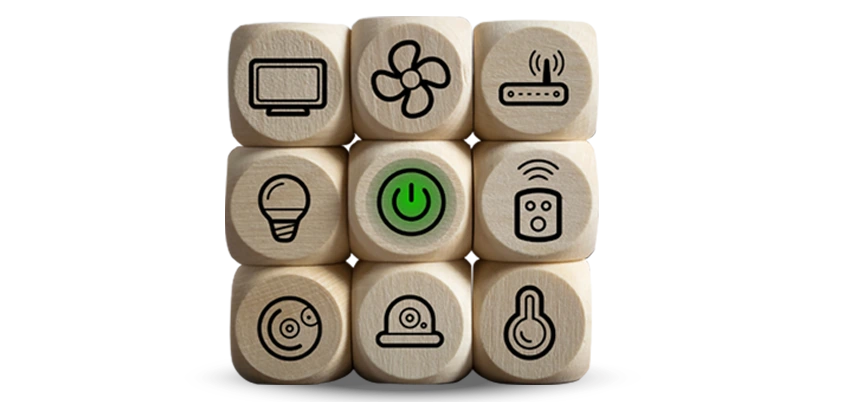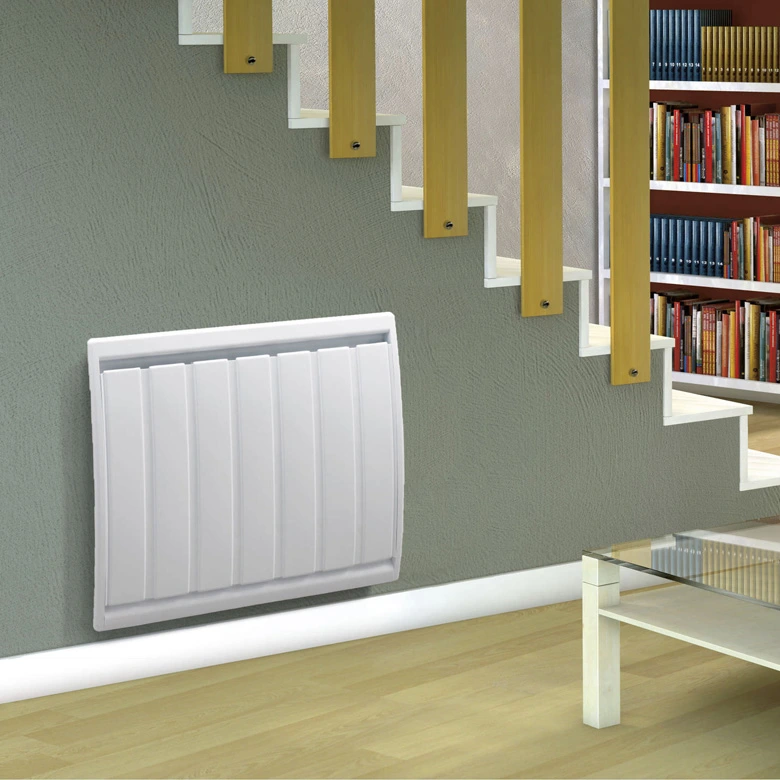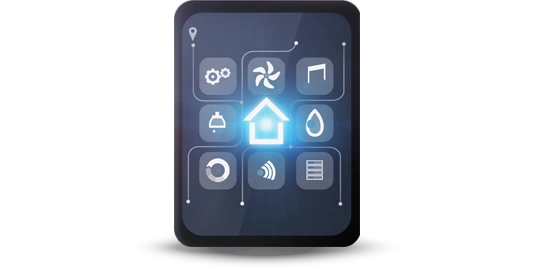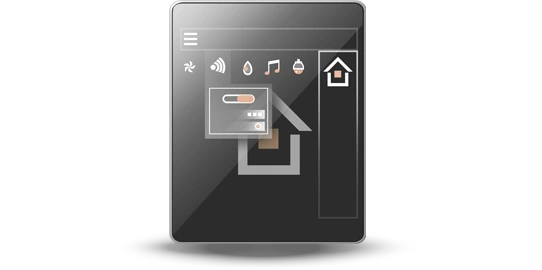Energy & electricity in everyday life

- Appliances are among the household appliances that require electricity as energy to operate.
- Home automation has also contributed to the evolution of domestic electricity consumption.
- In view of the high demand for domestic electricity, it is essential to save household energy through a series of measures.

Choosing an electric radiator
Take into account the power per m², the technology (convector, dry inertia…), the consumption…
Electrical appliances: consumption and energy saving tips
A house has a plethora of appliances that require electricity to function on a daily basis. But they are not on an equal footing when it comes to electricity consumption. Among the appliances that consume the most electricity on average, the oven, then come water heaters and radiators, hotplates, air conditioners… You can check Passion Decoration for more details.

Electrical appliances with the highest consumption
The oven is the appliance that uses the most electricity, followed by the water heater and radiators and then the hotplates.

Installing photovoltaic panels
Installing photovoltaic panels is one of the most effective ways to reduce your electricity bills while producing clean, renewable energy directly from your home.


Radiator and solar water heater
The use of solar energy (abundant, free, renewable and ecological) is interesting for appliances such as radiators and solar water heaters.

Household appliances and energy saving
To save electricity, turn off any unused appliances, choose low-consumption appliances, and use the most energy-efficient ones….
Installing an economical electric inertia radiator
The electric inertia radiator is the newest of the electric radiators. This new generation of inertia radiator has a technology that avoids temperature variations by diffusing a soft and constant heat while optimizing energy consumption. An inertia electric radiator allows diffusing soft heat by radiation in all the rooms of a house. Its main advantage is that it continues to do so even when it is switched off. This can be explained by the heat accumulation process that takes place when it is turned on. In this way, there is a clear energy saving compared to the use of other types of conventional electric radiators that consume more electricity. For more energy-saving solutions, we advise you to take a look at chauffagemaison.fr.

Doing energy renovation work

Home insulation is one of the indispensable solutions for reducing energy consumption.

Think about ventilation by installing a ventilation system to renew the air in the house like a CMV.

Reorganize the rooms in your home so that the living rooms face south and the others that are afraid of light needs face north.

HOME AUTOMATION AND ENERGY SAVING
The use of technology, especially home automation, is another interesting alternative for saving energy in a house.

Impacts of home automation
In a world where ecology is becoming more and more important, home automation is proving to be an interesting tool in this area in particular. It is the perfect illustration of the good use of technology in saving energy in a house and reducing ecological impacts on the earth.
- Home automation makes it possible to regulate energy consumption according to the needs of the building’s residents.
- An optimized control of the electrical appliances in a building by programming their switching on and off.
- Significantly reduce the energy consumption of a building and contribute to the preservation of the earth’s resources.

Connected objects
By opting to install a home automation system at your home, you benefit from connected objects of various kinds. Thanks to complex systems, these objects can be switched on and off remotely by means of simple programming.
- The possibility to control household appliances such as washing machines, refrigerators, etc. is also available.
- A better management of the heating or air conditioning system (automatic temperature control…)
- Home automation also offers solutions for lighting control, garden watering, remote surveillance…

Saving energy: insulating your home well
When it comes to saving energy, the insulation of a home is of paramount importance. Indeed, thermal insulation can considerably reduce the energy consumption of the building in summer and winter. This is done by insulating the roof, attic, walls and floor by laying a layer of insulating materials such as rock wool, glass wool, cellulose wadding…the use of heating and air conditioning equipment will thus be less frequent, thus reducing your energy bill.